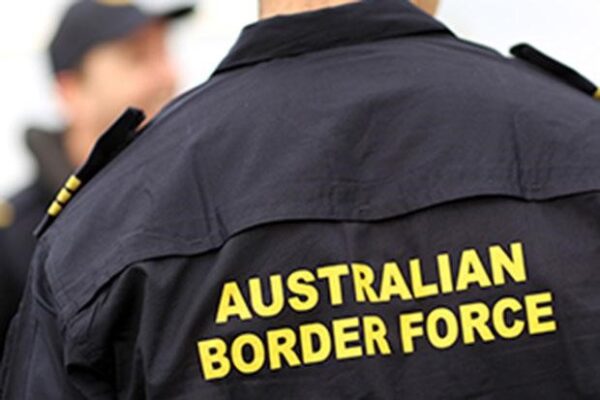After all the supply chain difficulties and rising costs we have reported on over recent months, it is reassuring to see that authorities are taking note and promising some action. The Productivity Commission has released its Draft Report on its Inquiry into Australia’s Maritime Logistics Systems (see below), while the ABF is listening to suggestions and invites feedback via the Home Affairs website (see HERE).
The Australian Border Force (ABF) and the Department of Agriculture, Fisheries and Forestry (DAFF) have regulatory provisions to hold cargo prior to its release to importers. When such holds occur, delays to cargo release may result in expensive storage and /or empty container de-hire (return) detention penalties.
A level of financial relief exists for Full Container Load (FCL) sea freight consignments when cargo is subject to the ABF Container Examination Facility (CEF) processing. In
certain circumstances, stevedores are obliged to waive storage charges.
This same level of financial concession does not, however, extend to:
• any consignment subject to a Biosecurity hold by DAFF:
• air cargo consignment subject to ABF holds;
• Less than full Container Load (LCL) consignments; or
• FCL container detention penalties for the late de-hire (return of empty containers).
The ABF has stated approximately 90% of FCL containers selected for examination using CEF are x-rayed, released within 30 minutes and immediately returned to the stevedore.
The remaining 10% may incur some form of delay as they are selected for more detailed
physical examination. If a container is subject to further ABF CEF assessment, storage fees are applied by stevedores, despite the fact the container may not be physically available for collection.
To minimise associated costs incurred for delayed release of cargo, it is essential that
importers supply timely and accurate import data, permits and documentation to customs
brokers in order to meet statutory requirements.
The Productivity Commission’s (PC) Draft Report on Australia’s Maritime Logistics Systems has been released into its Inquiry into Australia’s Maritime Logistics Systems. The PC has listened to the concerns of key advocacy groups representing our industry.
Further information about the PC’s finding can be found HERE.
There are some significant draft findings outlined in the Report:
Draft finding 3.3: The framework for measuring Australian container port performance could be enhanced.
Draft finding 3.8: International evidence also suggests that Australian ports could lift their productivity.
Draft finding 3.9: Improving container port productivity would deliver significant benefits – Inefficiencies at Australia’s major container ports are estimated to directly cost the Australian economy around $605 million a year.
Draft recommendation 6.2: Terminal access charges and other fixed fees for delivering or collecting a container from a terminal should be regulated so that they can only be charged to shipping lines and not to transport operators.
Draft finding 11.3: Government should continue to overhaul cargo clearance systems.
As licensed Customs Brokers and International Freight Forwarders, Colless Young professionally handles all your consignments, both sea cargo and airfreight, as well as the allied services of trucking and warehousing. We provide a complete range of import and export services, covering customs and quarantine clearance and any necessary treatments such as fumigation of cargo. We are based in Brisbane and offer logistics facilities through all Australian ports and airports.

